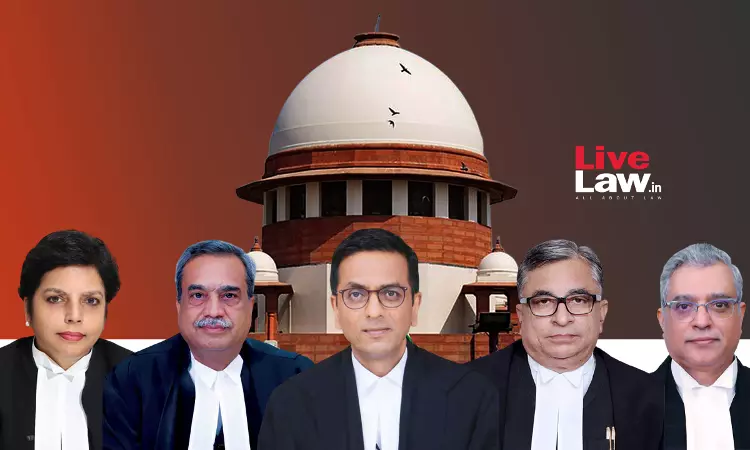A Constitution Bench of the Supreme Court, on Tuesday, posted the pleas challenging the constitutional validity of Section 6A of the Citizenship Act inserted by way of an amendment in 1985 in furtherance of the Assam Accord, for directions, on 10th January, 2023. The 5-Judge Bench comprised Chief Justice D.Y. Chandrachud, Justice M.R. Shah, Justice Krishna Murari, Justice Hima Kohli and...

